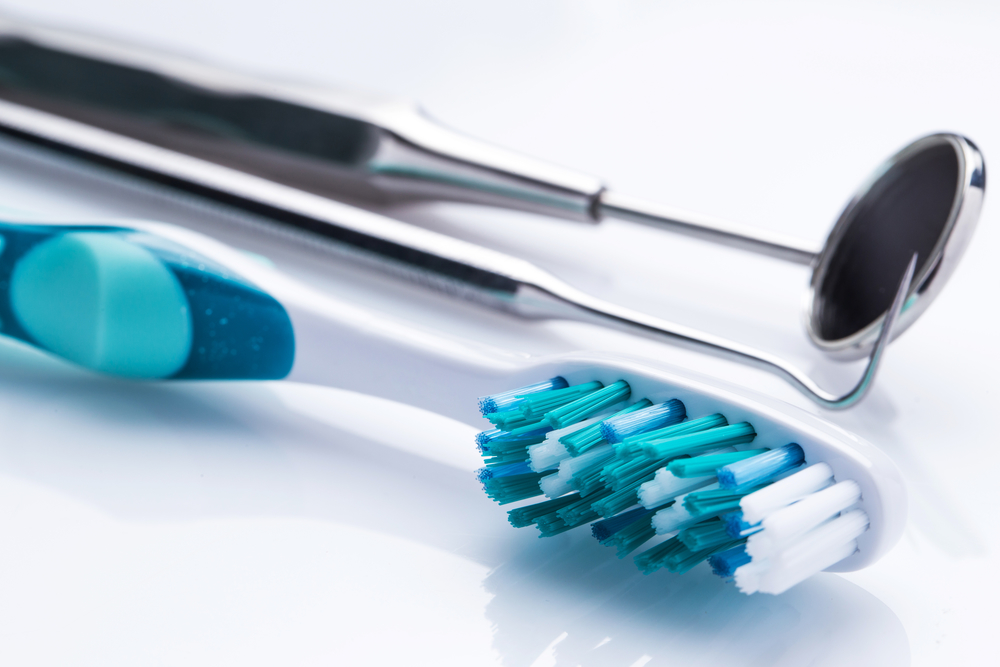
Have you recently retired? Congratulations! While retirement is a fantastic achievement, it does come with a different set of challenges, most notably: the lack of dental care.
Many individuals receive employee dental benefits throughout their working life, which means it can come as an unwelcome surprise to learn Medicare doesn’t cover routine dental services in retirement, such as dental exams, cleanings, fillings, bridges, and crowns. Unfortunately, this gap in Medicare coverage has seen one in every five adults 65+ suffer from untreated tooth decay. However, there are several affordable options to make sure you and your partner keep smiling well into retirement.
Start Within Your Community
Finding affordable dental care should start within your community. Utilize local resources and check with community health centers or local dentists offering senior discounts. However, be aware that the variety of dental services can be limited, and waiting lists are standard, especially for heavily discounted dental care. Check with your local health department or dental association for further information. Tooth Wisdom can also help you find affordable and suitable dental care in your area.
Get a Medicare Advantage Plan
You may be able to secure affordable dental care under a Medicare Advantage Plan. Medicare Advantage Plans are also known as Medicare Part C and can include extra benefits such as routine dental care, vision services, and prescription drug coverage. These plans are offered through private insurance companies and provide all of your Original Medicare services, including Part A and Part B.
Consider a Medigap Plan
If you want to retain your medical and hospital coverage through Original Medicare, a cost-effective option can be to get a Medigap Plan with dental benefits. Medigap Plans are also known as Medicare Supplement Plans and are designed to fill gaps in Original Medicare. There are several different types approved by the government and premiums are typically lower than stand-alone dental insurance plans.
Research Dental Schools
Dental schools are also another smart option if you don’t want to take out another plan. While it can sound daunting, you will be treated by students that are supervised by top performing dentists who are up to date with the latest research. You can also expect to pay 30-40% less than a private dental office, although there is often a long waiting list, so don’t leave your search to the last minute! Here is a good starting point to find local dental programs.
Join a Dental Savings Plan
Joining a dental savings plan provides access to a pre-approved network of specialists who offer heavily discounted rates (up to 60% off) for members. Typically, you pay an annual membership fee of between $80 to $200, and there is no waiting period or age limit to join.
Go Direct to Dentists and Other Providers
The costs for dentists can vary significantly, and with a bit of research, you can find the most affordable care in your area. Call a range of local dentists to check their pricing and ask whether they offer discounted rates for seniors. If you need complicated dental work performed, there is also a possibility to arrange a payment plan with weekly or monthly installments.
Look After Your Teeth
When it comes to your health, prevention is always the first port of call. Avoid sugary food and drinks that can erode your enamel and weaken your teeth. Take proper care of your teeth by brushing regularly, flossing daily, and attending regular check-ups. While dental care is always a necessity in retirement, you can reduce your risk of complicated procedures and ultimately minimize your costs by taking the correct preventative measures.

